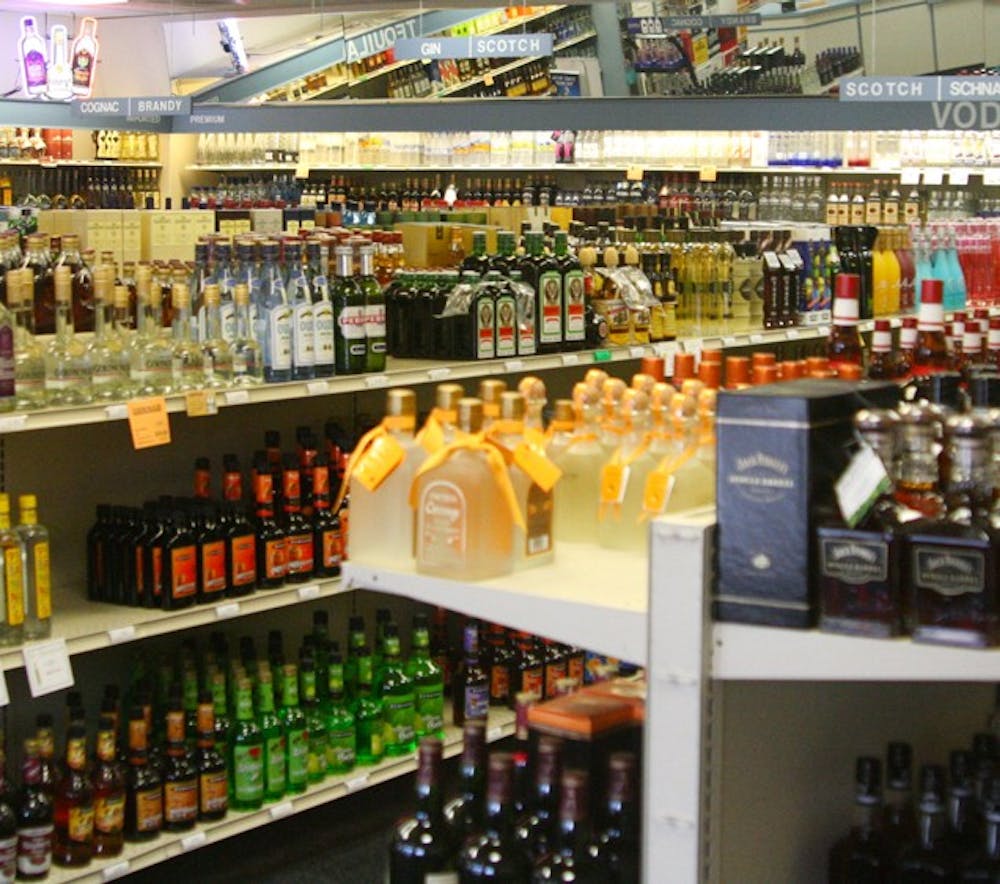North Carolina lawmakers have filed legislation that could change the system of alcohol sale in the state, as a response to a recent report that evaluated the efficiency of the state’s alcohol control system.
The report was released on Feb. 11 by the General Assembly’s Program Evaluation Division. It advised lawmakers of the potential effects of changing the state’s alcohol beverage control system.
The report had four key findings. The findings showed that if North Carolina decided to change how it controls liquor sales, major modifications would be necessary, and would also have financial implications for state and local government revenues.
It also found there are opportunities to modernize North Carolina’s ABC system, for which it makes seven recommendations.
The PED completes studies at the request of the General Assembly, and the Joint Legislative Program Evaluation Oversight Committee oversees their evaluations, said Carol Shaw, principal program evaluator for the PED and project lead for the study. The PED was asked to look into the state’s ABC system, determine if it was in need of modernization and present options for how it could most efficiently be changed.
Shaw said history plays a major role in North Carolina’s outdated ABC system. In the state, she said, local control of alcohol sales has been preferred since before Prohibition.
“We never assumed that would change,” Shaw said. “We assumed that the local government would be able to choose to have alcohol or not.”
State governments have been responsible for regulating the sale and distribution of alcoholic beverages since Prohibition ended in 1933. While state governments regulate alcohol through one of two models — control or licensure — each individual system of regulation varies across states.
North Carolina is one of 17 control states. But, North Carolina is the only control state where boards appointed by local governments control the operation of ABC retail stores.




